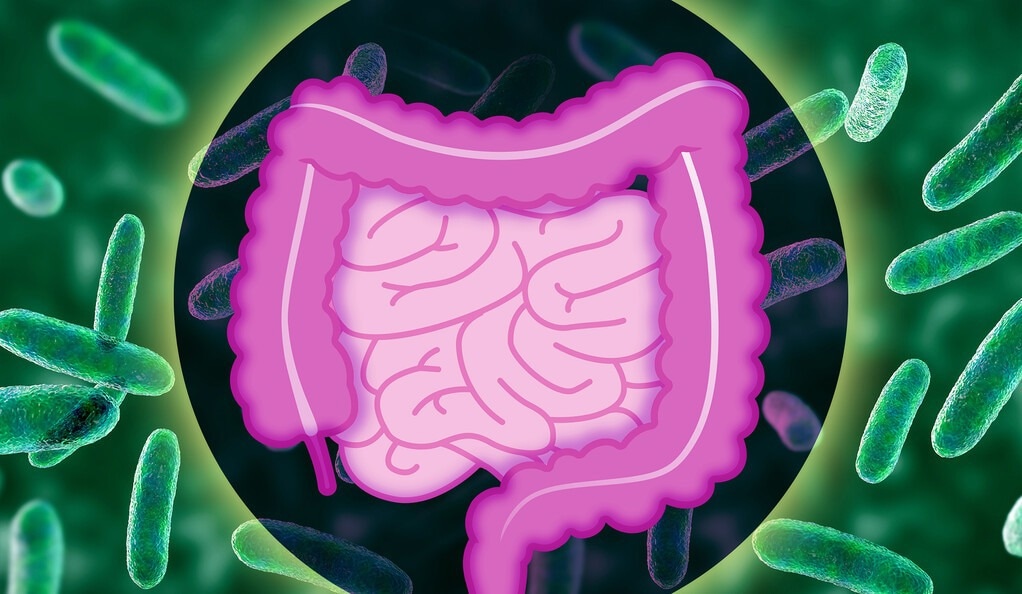
Image Credit: (© stock.adobe.com).
The existence of microbes that inhabit the gut is known to be vital for human health, and comprehending the factors that promote the growth of useful bacterial species—called “good” bacteria—in the gut might allow medical interventions that encourage the gut and entire human health. In a new study performed, Yale researchers have disclosed a novel mechanism by which such bacteria colonize the gut.
Particularly, the Yale team found out the fact that one of the most plentiful beneficial species discovered in the human gut displayed an increase in colonization potential when carbon limitation has been experienced. It is a finding that could provide novel clinical interventions to assist a healthy gut.
The findings were reported in the Science journal on March 16th, 2023.
The Yale research group, based in the laboratory of geneticist Eduardo Groisman, the Waldemar Von Zedtwitz Professor of Microbial Pathogenesis, discovered that the beneficial gut bacterium Bacteroides thetaiotaomicron responded to starvation for carbon. It is known to be a main building block for all cells—sequestering a portion of the molecules for a necessary transcription factor inside a membrane-less compartment.
The team fixed that sequestration of the transcription factor helped increased its activity, which altered the expression of hundreds of bacterial genes, such as several that encourage gut colonization and regulate central metabolic pathways in the bacterium.
Such findings disclose that so-called “good” bacteria use the sequestration of molecules into membrane-less compartments as a crucial strategy to colonize the mammalian gut.
Bacteroides thetaiotaomicron and other bacteria living in the mammalian gut have access to nutrients that have been ingested by the host animal. But there are also long periods of time when the host organism fails to eat. Also, the scientists discovered the fact that deprivation of nutrients, such as carbon, elicits the production of colonization factors in beneficial gut bacteria.
One of the things that emerged is that when an organism is starved for carbon, that is the signal that helps produce properties that are good for surviving in the gut.”
Aimilia Krypotou, Study Lead Author and Postdoctoral Fellow, Yale University
The new discovery was made possible by a confluence of observations from the laboratory’s previous study. The first was when Groisman observed that the size of the transcription factor from the gut microbe was much larger compared to those of other well-studied homologous proteins obtained from other bacterial species.
Further, the team discovered that bacteria could not live in the gut of a mouse in the absence of the additional region absent from homologous proteins.
Furthermore, Krypotou hypothesized that the extra region may confer a new biophysical property to the transcription factor that is needed for the bacteria to survive in the gut, and was also successful in executing a range of experiments for this hypothesis to be tested.
Groisman stated that an awareness of such membrane-less compartments goes back 10 decades. Also, Groisman added that Krypotou’s main insight was to deduce novel properties for the bacterial transcription factor—called Rho—depending on the extra region.
Sequestration of the transcription factor occurs by a process called liquid–liquid phase separation, considered to be a ubiquitous phenomenon present in an extensive range of cells such as those of humans.
This phenomenon has been known but is usually associated with stress in eukaryotic organisms, such as plants, animals, and fungi. Recently it was realized it can also happen with bacteria and, in our case, we established that it occurs in commensal gut bacteria, which require it for survival in the gut. One could conceivably, potentially imagine that if one were to manipulate organisms prone to this effect, perhaps one could improve organisms beneficial to humans.”
Aimilia Krypotou, Study Lead Author and Postdoctoral Fellow, Yale University
According to Krypotou, the findings could help spur the development of novel probiotic therapies for gut health.
Most studies just look at abundance of bacterium. If we don’t understand what’s happening at the molecular level, we don’t know if it would help.”
Aimilia Krypotou, Study Lead Author and Postdoctoral Fellow, Yale University
Source:
Journal reference:
Krypotou, E., et al. (2023) Bacteria require phase separation for fitness in the mammalian gut. Science. doi.org/10.1126/science.abn7229